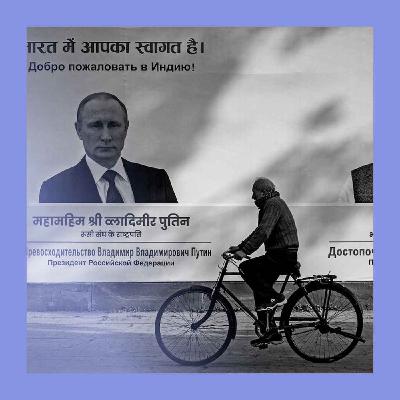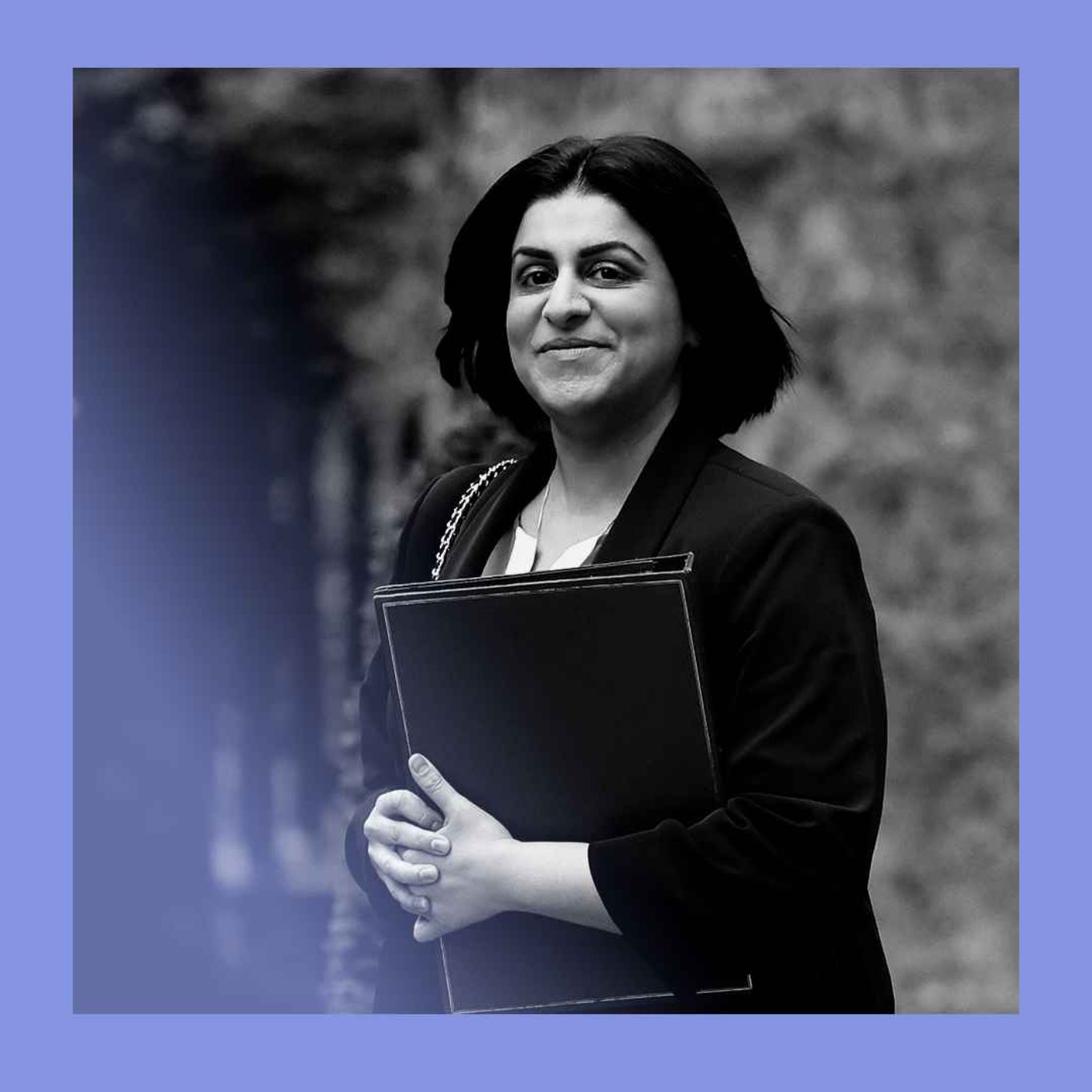
The Intelligence from The Economist
Author: The Economist
Subscribed: 136,171Played: 8,420,607Description
Join Jason Palmer and Rosie Blau for noise-cancelling news and analysis from The Economist's global network of correspondents. Every weekday this award-winning podcast picks three stories shaping your world—the big shifts in politics, business and culture, plus things you never knew you needed to know. On Saturdays, download The Weekend Intelligence to dive deep into a single story, vividly told.
If you’re already a subscriber to The Economist, you’ll have full access to all our shows as part of your subscription.
For more information about Economist Podcasts+, including how to get access, please visit our FAQs page at https://myaccount.economist.com/s/article/What-is-Economist-Podcasts
Hosted on Acast. See acast.com/privacy for more information.



























Winter is coming...
With this ring. We will end trillions of dollars wasted on a simple DO NOT BE PART OF NATO OR WE GO TO WAR With this ring, we will able to stop the dead toll over a million already because the western elites are bored and want to destroy innocent lives of billions as usual.
Canned fish, book reviews, stay at home mums, the way young people talk, and now pickles! Tic toc gets far too much airtime on this show these days. Intelligent people don't care about Tic toc!!
Free Palestine ✌️✌️✌️✌️🇯🇴🇯🇴🇯🇴
leftists are lucky on what Trump said about cats and dogs: at least they've found a weak point 😁although one is turd sandwich and the other douche bag
cc b b. g b bb g c v v b b v h vgggggvvvvvvvvvv c v v v Xbox Cy c CT cut v v CT v v g cm. hb b vgggggvvvvvvvvvv c h by CT CT 6 cc cc Xtra y cc Xtra f g I v , v b j n b vg b9 v b bub b bbc v g vv vb v cc b cc v cc cc h g. 6.i b. I cc c ."=',v,,,5,5,55z5,÷4c b bb b cg b b b v v c v v c g. xv cc cc v Xbox cccs x Xcaret v f t zs r tttzzzzs☆☆zzzzweszzz-@--×sezzzz--zzez--ez-z@-@sc cc i. c cc ccs xn bb g bh v v. gb cc CT v h vh v. h v. b bh. cc v
i just listened to the segment about tinnitus in my car. I would like to warn that now 5 min after I still here the noise played that was included to emulate the sound. did you just guve me tinnitus??
Good god, this was a painful listen. This is what happens when you get a millennial to write a script and just use Google for story research. AI is going to eat you alive.
Amazing they are able to talk about Indian subsidies to the airline industry without mentioning climate change implications
living in rural France i know of three boulangerie that opened around me on condition that they wouldn't close the center one. they are "extension" of the one in the center. some people argued that this type of rules might be abusive and wouldn't hold if chalanged but so far it's AMAZING to have both the i want to chat and walk around boulangerie AND the quick drive next to thé "supermarket" (it's rural France, you need quote around supermarket :)
What is that?
so disgusting and partisan for this podcast to use the language by a criminal in its title
Occidental are investing in more greenwash to justify extending their production of fossil fuels. I'm very surprised the Economist didn't call them out in this interview.
Good last episode for John
you rightly explain the issue of the funding of retirement allowances in France and then present Macron's reform as a needed solution and modernization effort without challenging its potential impact and efficency. - unemployement of seniors is an issue already , especially for women, it's a huge blind spot of the reform that you did not even mention - funding of retirements can be reviewed in other ways as the current system is bankrupted. why not extending a partial capitalization funding as it has been piloted for years in part of the public sector in France? you could have investigated Then you rather go for the catchy numbers of the 20 years of retirement due to the high life expectancy. have you doble check that number with the prisma of social class? there are huge variations there. Also how many of those 20 years are in good health? again statistics show than only 1/3 I expect more from the economist , what a disappointing episode
Where do you get the statistic that 80% of Russians don't want the Ukrainian war from? It doesn't match any of the reputable sources I can find. and when members of the elite you mention are being killed, what makes you think that the secret service would allow anyone to get even close to that? Thanks
These terrible puns in the ep titles make you seem less serious journalists, more ridiculous twitter people.
things are not going well for sexual minorities in Amerika, either, nor for any minority except the psychopaths.
Games have had great stories for decades. This piece feels really dated...
👍